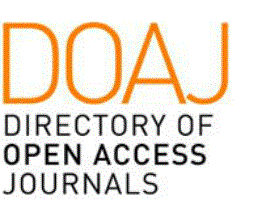Author ORCID Identifier
0000-0001-7986-8512
Author Country
Mexico
DOI
10.22191/gobernar/vol4/iss6/2
Document Type
Article
Abstract
This research project presents a spatial competition model for Mexican presidential elections based on the effective number of parties and weighted and scalar polarization indices. The model makes it possible to construct a classification of candidates influences based on personality as an remainder unexplained by spatial ideological competition. In addition to classifying the candidates in the last three presidential elections by their personal influence, the authors offer predictions for future balloting based on change in ideological distribution. Suppositions of symmetrical ideological votes and a single dimension were used to build the model.
Recommended Citation
León, Luis Eduardo and Berasaluce, Julen
(2020)
"Competencia espacial y calidad personal de los candidatos. Elecciones presidenciales entre 2006 y 2018 en México,"
Gobernar: The Journal of Latin American Public Policy and Governance: Vol. 4
:
Iss.
6
, Article 4.
DOI: 10.22191/gobernar/vol4/iss6/2
Available at:
https://orb.binghamton.edu/gobernar/vol4/iss6/4
Included in
Comparative Politics Commons, Education Policy Commons, Latin American Studies Commons, Other Public Affairs, Public Policy and Public Administration Commons, Public Administration Commons, Public Policy Commons



